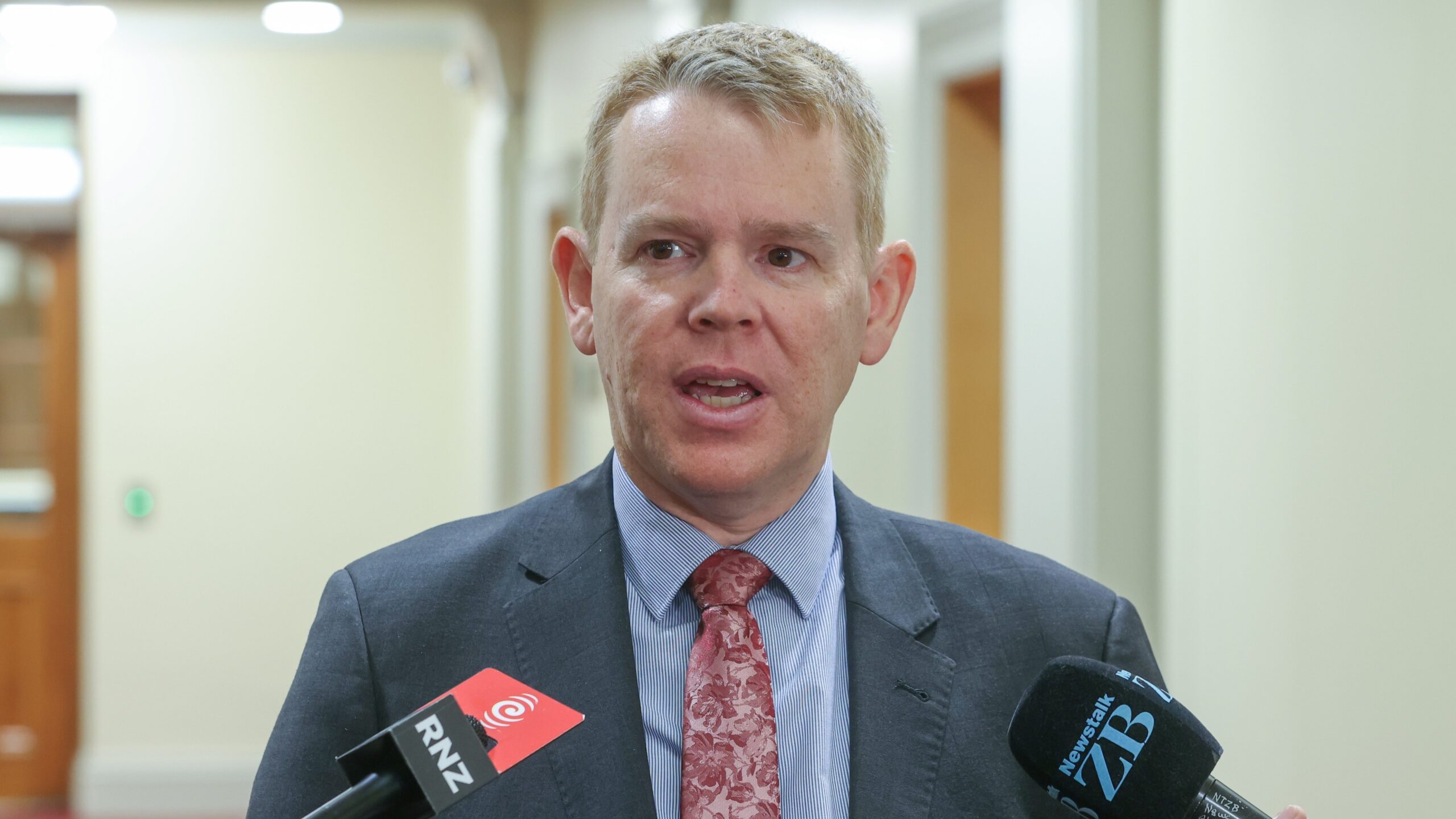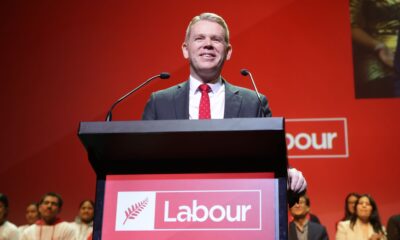Politics
Hipkins Faces Challenges with Māori Party Ahead of Election

Chris Hipkins, the leader of the Labour Party, is grappling with significant challenges in his relationship with the Māori Party as New Zealand approaches its 2024 general elections. Recent developments have highlighted the difficulties Labour faces in securing a coalition government, particularly in light of controversial statements made by Takuta Ferris. His comments, which included derogatory remarks about various ethnic groups, have prompted the Māori Party to issue an apology, underscoring the tensions that exist between the parties.
The backdrop to this situation is the broader electoral landscape in New Zealand. Analysts are increasingly questioning how Labour can negotiate a partnership with the Māori Party, given the evident friction. Despite media focus on Chris Luxon and the National Party, Hipkins must confront the reality that Labour’s path to forming a government is far from straightforward.
Polling data from the recent Curia poll indicates a potential shift in government, suggesting that Labour may struggle to maintain its position. The poll results often categorize parties into simplified left- and right-wing groupings, but this approach overlooks the complexities within the political alliances. The assumption that Labour, the Greens, and the Māori Party can easily coalesce is a misconception that has not materialized in practice.
Observers note that Hipkins must articulate a clear strategy for engaging with the Māori Party if Labour hopes to secure a majority. The pressing question remains: will he collaborate with the Māori Party, and if so, what will that partnership entail? Specific inquiries arise regarding potential policy alignments and the roles Māori Party members might play in a coalition government.
Currently, Hipkins faces a considerable uphill battle. His party needs to bolster its support to approximately 40% to remain competitive in the upcoming elections. Analysts argue that without a significant increase in voter backing, the likelihood of Labour securing a governing position dims. The complexities of coalition politics in New Zealand, particularly the relationship with the Māori Party, could ultimately determine Labour’s fate in the 2024 elections.
As the election date draws nearer, the political landscape continues to evolve. Hipkins will need to navigate these challenges carefully, as the dynamics with the Māori Party may prove crucial for Labour’s survival in the increasingly competitive political arena.
-

 Sports2 months ago
Sports2 months agoNetball New Zealand Stands Down Dame Noeline Taurua for Series
-

 Entertainment2 months ago
Entertainment2 months agoTributes Pour In for Lachlan Rofe, Reality Star, Dead at 47
-

 Entertainment2 weeks ago
Entertainment2 weeks agoNew ‘Maverick’ Chaser Joins Beat the Chasers Season Finale
-

 Sports2 months ago
Sports2 months agoSilver Ferns Legend Laura Langman Criticizes Team’s Attitude
-

 Politics3 weeks ago
Politics3 weeks agoNetball NZ Calls for Respect Amid Dame Taurua’s Standoff
-

 Entertainment2 months ago
Entertainment2 months agoKhloe Kardashian Embraces Innovative Stem Cell Therapy in Mexico
-

 World3 months ago
World3 months agoPolice Arrest Multiple Individuals During Funeral for Zain Taikato-Fox
-

 Sports2 months ago
Sports2 months agoGaël Monfils Set to Defend ASB Classic Title in January 2026
-

 Entertainment4 weeks ago
Entertainment4 weeks agoTyson Fury’s Daughter Venezuela Gets Engaged at Birthday Bash
-

 Sports4 weeks ago
Sports4 weeks agoHeather McMahan Steps Down as Ryder Cup Host After Controversy
-

 Entertainment4 weeks ago
Entertainment4 weeks agoTyson Fury’s Daughter Venezuela Gets Engaged at Birthday Bash
-

 World4 weeks ago
World4 weeks agoNew Zealand Firefighters Plan Strike on October 17 Over Pay Disputes


















